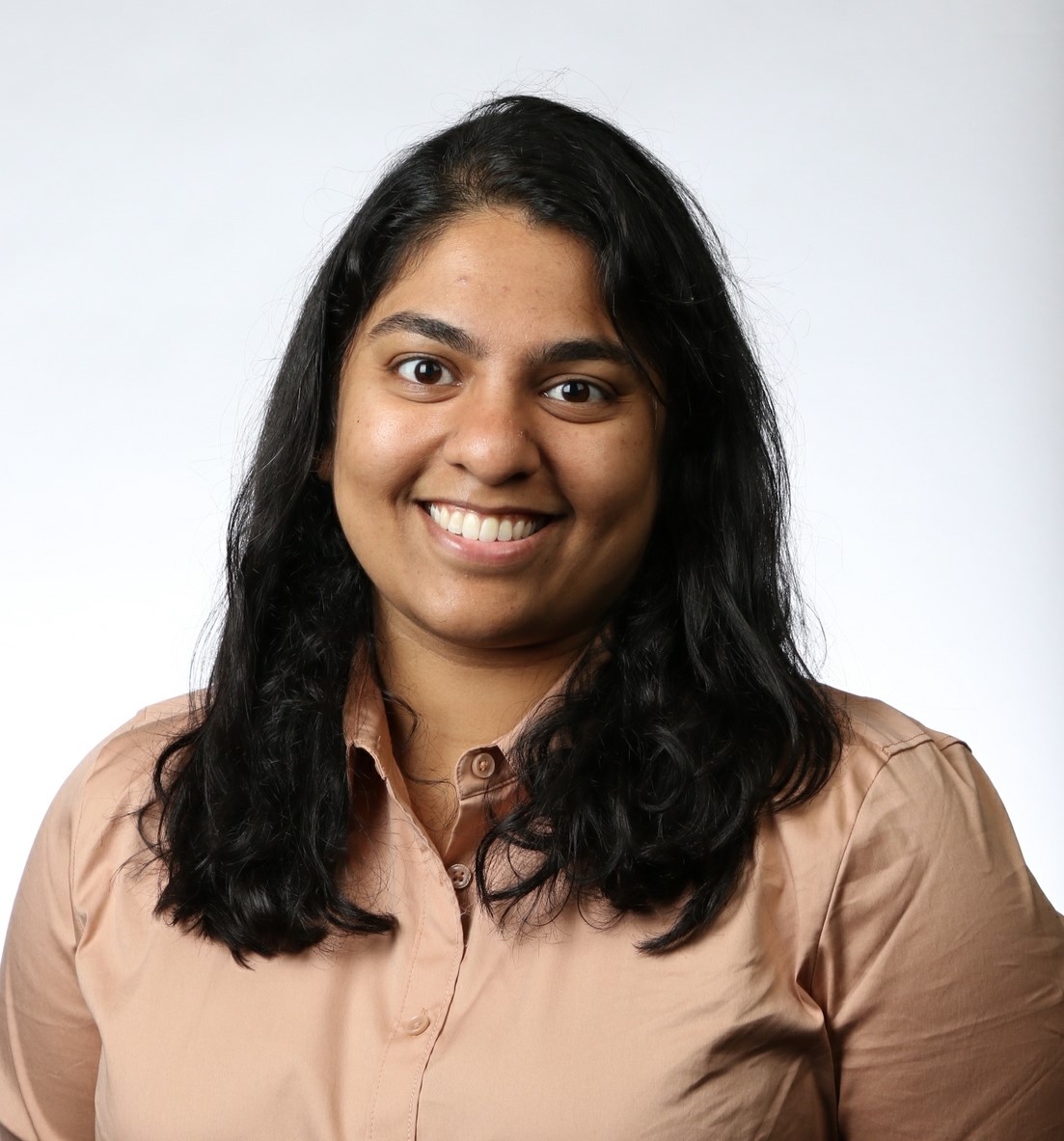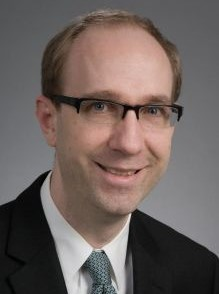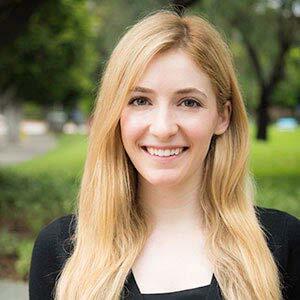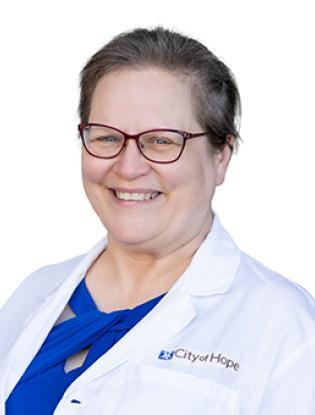
Precision Medicine in Practice Self-Directed Course
-
Register
- IC Faculty - Free!
- IC Student - Free!
- Guest COH APP Nursing - Free!
- CCGCOP - Free!
- COH/VA Course - M72 - Free!
- IC 2025 - Free!

|
Instruction |

|
Time |

|
Task(s) |
The Two Genomes of Cancer: Overview of the Tumor and Germline Genomes- Key Concepts and Terms in Precision Medicine
Objectives
- Recognize the distinct etiologies and features of somatic and germline genetics
- Review key concepts and terms used in precision medicine
- Identify considerations prior to ordering genomic testing
Technical Considerations in Tumor and Germline Testing: What Test Tells Us What
Objectives
- Compare the technical methods of somatic and germline genetic testing
- Identify strategies used to interpret used to interpret tumor and germline genomic data
- Recognize the utility, scope and limitations of results yielded from somatic and germline genetic tests
Germline Signatures Indicating Candidacy for Targeted Treatments & Somatic Signatures Indicating Candidacy for Germline Testing
Objectives
- Identify germline genetic test results warranting consideration of targeted cancer therapeutic options
- Recognize features in somatic test reports suggesting potential hereditary cancer syndromes
- Strategize approaches to following up on somatic tests suggesting hereditary cancer predisposition
- Review approaches to clinical trial matching for targeted treatment for patients with actionable germline and somatic test results
Fundamental Concept in Targeted Cancer Therapeutics
Objectives
- Examine ways that genomic data are changing cancer treatment paradigms.
- Review fundamental concepts of targeted cancer therapeutics (PARP inhibitors, immune checkpoint inhibitors).
- Discuss practical considerations related to identifying FDA approved therapies and clinical trials for targeted therapeutics.

Padma Sheila Rajagopal, MD, MPH, MSc
Physician-Scientist Early Investigator
Cancer Data Science Laboratory and Women's Malignancies Branch at the National Cancer Institute
Dr. Padma Sheila Rajagopal received her M.D. at Columbia University’s College of Physicians and Surgeons, during which she also received an M.P.H. in quantitative methods with a focus on genetic epidemiology at the Harvard School of Public Health. She completed her internal medicine residency training at the University of Pittsburgh and a fellowship in hematology/oncology with an additional fellowship year focused on cancer genetics at the University of Chicago, where she received an M.Sc. in biomedical informatics. Dr. Rajagopal is a recipient of the Ruth L. Kirschstein F32 Postdoctoral Fellowship and the American Society of Clinical Oncology / Breast Cancer Research Foundation Conquer Cancer Young Investigator Award.
Dr. Rajagopal’s laboratory focuses on how characterizing genomic and transcriptomic interactions between germline variants / inherited cancer syndromes and somatic development in tumors can improve clinical prediction and prognostication in patients with cancer. Her current research focuses on using transcriptomics to characterize breast cancers and treatment responses in patients with hereditary cancer syndromes.

Colin Pritchard, MD, PhD
Assistant Professor
University of Washington
COLIN PRITCHARD, MD, PhD, is a Professor of Laboratory Medicine and Pathology at the University of Washington and Program Director for Cancer Precision Diagnostics for the Brotman Baty Institute for Precision Medicine. He also serves as the Co-Director of the Genetics and Solid Tumors Laboratory that services the Fred Hutchinson Cancer Center. The Pritchard laboratory focuses on oncology molecular diagnostics, particularly the source and utility of cell-free nucleic acid biomarkers in blood, and the development of innovative molecular diagnostics for the identification of DNA repair gene mutations that can guide therapeutic decision-making. His clinical work focuses on applications of next-generation sequencing gene panels for cancer risk assessment and precision treatment. He has led the development and implementation of the ColoSeq™ Lynch and Polyposis Syndrome Panel and the UW-OncoPlex™ Cancer Gene Panel in current clinical use for cancer patients and their families. He is a longstanding distinguished faculty member of the City of Hope Clinical Cancer Genomics Community of Practice. In 2021 Dr. Pritchard was awarded the C2 Catalyst for Precision Medicine Award from Scientific American.

Katherine Roth, MD
Postdoctoral Fellow
City of Hope
Dr. Katherine Roth completed her Hematology and Medical Oncology clinical fellowship training at City of Hope and is currently a postdoctoral fellow with Dr. Stephen Gruber in Precision Medicine at City of Hope. She is the recipient of an NCI-funded T32 research training fellowship in DNA Damage Response and Oncogenic Signaling.
Dr. Roth has had a longstanding interest in cancer genetics research contributing to large consortium studies focused on cancer genetics, evaluating cancer and mutation risk prediction models for hereditary cancers, and analyzing patients’ germline and tumor genomics at scale to learn about tumor development and opportunities for preventive and therapeutic strategies.
She is a graduate of the CCGCoP Intensive Course.

Joanne Jeter, MD, MS
Medical Oncologist, Clinical Cancer Geneticist
City of Hope
Joanne Jeter, MD, MS (she/her) is a board-certified medical oncologist and clinical cancer geneticist. She started working at City of Hope on October 16, 2023, and is very excited about joining many of her friends in this prestigious group.
Her medical school training was at the University of Texas-Houston Health Sciences Center. She subsequently completed her residency in Internal Medicine at the University of Alabama-Birmingham. While she was in her Medical Oncology fellowship program at the University of Michigan, she was fortunate to start working with Dr. Stephen Gruber's clinical cancer genetics program, and this has been her primary focus since that time. She has also earned a Master's degree in Clinical Trials Design and Statistical Analysis at the University of Michigan.
Prior to her time at City of Hope, she was the Medical Director for the Family Cancer Assessment Clinic at Huntsman Cancer Institute at the University of Utah. She has also worked as a medical oncologist and clinical cancer geneticist at the University of Arizona and the Ohio State University.